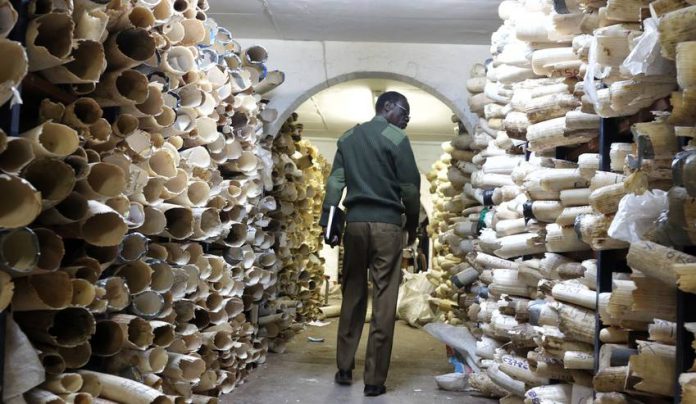Climate change could force hippos onto endangered list
The number of semi-aquatic mammals is dwindling thanks to hunting, habitat loss, and the climate crisis
Your support helps us to tell the story
From reproductive rights to climate change to Big Tech, The Independent is on the ground when the story is developing. Whether it's investigating the financials of Elon Musk's pro-Trump PAC or producing our latest documentary, 'The A Word', which shines a light on the American women fighting for reproductive rights, we know how important it is to parse out the facts from the messaging.
At such a critical moment in US history, we need reporters on the ground. Your donation allows us to keep sending journalists to speak to both sides of the story.
The Independent is trusted by Americans across the entire political spectrum. And unlike many other quality news outlets, we choose not to lock Americans out of our reporting and analysis with paywalls. We believe quality journalism should be available to everyone, paid for by those who can afford it.
Your support makes all the difference.The climate crisis, poaching, and the ivory trade have decimated hippo populations so severely they may soon be classified as being in danger of extinction.
The semi-aquatic mammals face threats from habitat loss, temperature variations brought on by climate change, and the illegal ivory trade in sub-Saharan Africa, where numbers are estimated to be as low as 115,000.
A total of 10 west African nations are pushing for hippos be included in the agenda for the upcoming Cites (United Nations Convention on International Trade in Endangered Species of Animals and Plants) Cop in Panama in November.
A proposal document from Cites states: “The proponents are concerned that small and declining populations are being negatively impacted by poaching and trafficking of illegally acquired parts and products, primarily ivory, into legal international trade.
“For example, there are numerous examples of hippo teeth seizures and arrests since 2016, including several cross-border incidents involving one of the top legal exporters of hippo ivory, Uganda.
“There is strong evidence of the co-mingling of legal and illegal hippo ivory in trade.”
According to Save Animals Facing Extinction, hippos face threats from human-wildlife conflict and habitat encroachment, with hundreds being shot each year to keep them out of crops and away from homes.
They are often killed for their meat under the guise of protection, and both hippo fat and their ivory canine teeth are considered valuable as buyers are looking for substitutes for ivory.

In October an American court recognised animals as “legal persons” for the first time in the US – in a case involving hippos linked to infamous “cocaine king” Pablo Escobar.
A lawsuit was filed in South America last year to save dozens of the animals - which are non-native and considered too numerous – from being killed.
The US District Court for the Southern District of Ohio accepted the hippos’ status during legal proceedings. Animals are considered property under American law, which limits their rights.
In the 1980s, Colombian drug trafficker Escobar imported four African hippos for his private zoo, and after his death in 1993, the animals remained on his property.
In the following years, they escaped, moved to the Magdalena River, one of the country’s main waterways, and reproduced at a rate that some ecologists considered unsustainable. Experts argued their numbers could grow “out of control” within decades.



Join our commenting forum
Join thought-provoking conversations, follow other Independent readers and see their replies
Comments